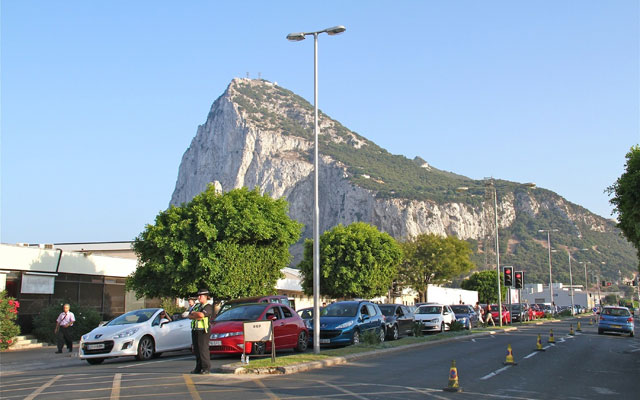Seventy-one years ago this week in 1942, the Allies began the liberation of North Africa from the yoke of Italian and German fascism. Known as Operation Torch, this was the first combat test in World War II for U.S. forces. British control over the territory of Gibraltar played a vital role in making Operation Torch a reality.
General Dwight Eisenhower planned the invasion of North Africa from underground tunnels deep within the Rock of Gibraltar. Gibraltar also served as the logistical and communications hub for Operation Torch. Nearly every inch of the 2.6-square-mile peninsula that was not already consumed by the “Rock” was covered with Allied fighter aircraft and bombers. Gibraltar also provided the only communications hub from which leaders in Washington, D.C., and London could receive reports on the progress of military invasion.
In his book Crusade in Europe, General Eisenhower best explains Gibraltar’s importance to the overall war effort:
There was no other place to use. In November 1942 the Allied nations possessed, except for the Gibraltar Fortress, not a single spot of ground in all the region of Western Europe, and in the Mediterranean area, nothing west of Malta. Britain’s Gibraltar made possible the invasion of northwest Africa.
While officially neutral, Spain, which surrounds Gibraltar, was known as a hotbed for Axis agents and saboteurs, a fact that was of great concern to Eisenhower: “Politically, Spain was leaning toward the Axis, and, almost physically, leaning against the barbed-wire fence were any number of Axis agents.”
He remarked that, in addition to serving as a launch pad and communications hub for the invasion, Gibraltar also served as a way station for planes flying from the U.K. to the battlefront across the Mediterranean.
In light of recent Spanish provocations toward Gibraltar, it is worth remembering that British sovereignty over Gibraltar allowed the Allies to eventually strike at the “soft underbelly” of Europe and change the tide of history, eliminating Nazism from the continent.
